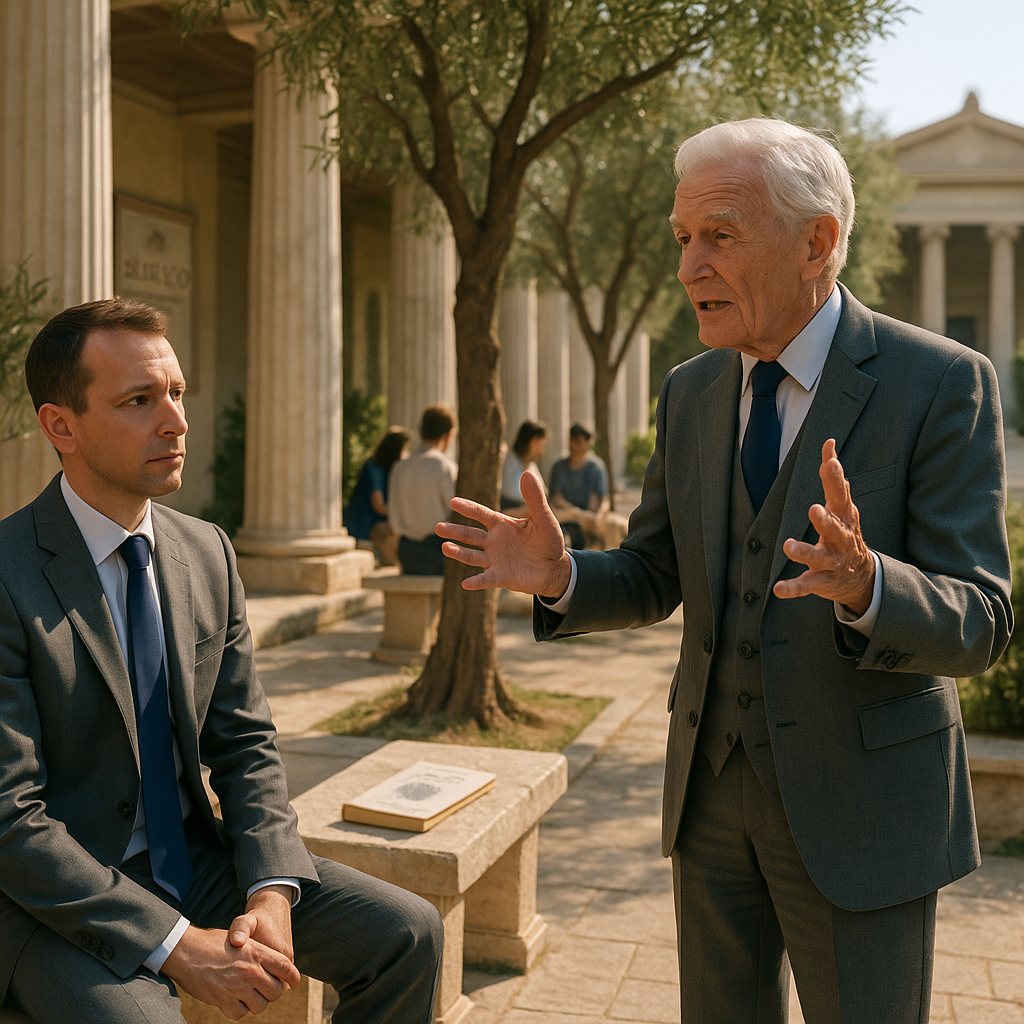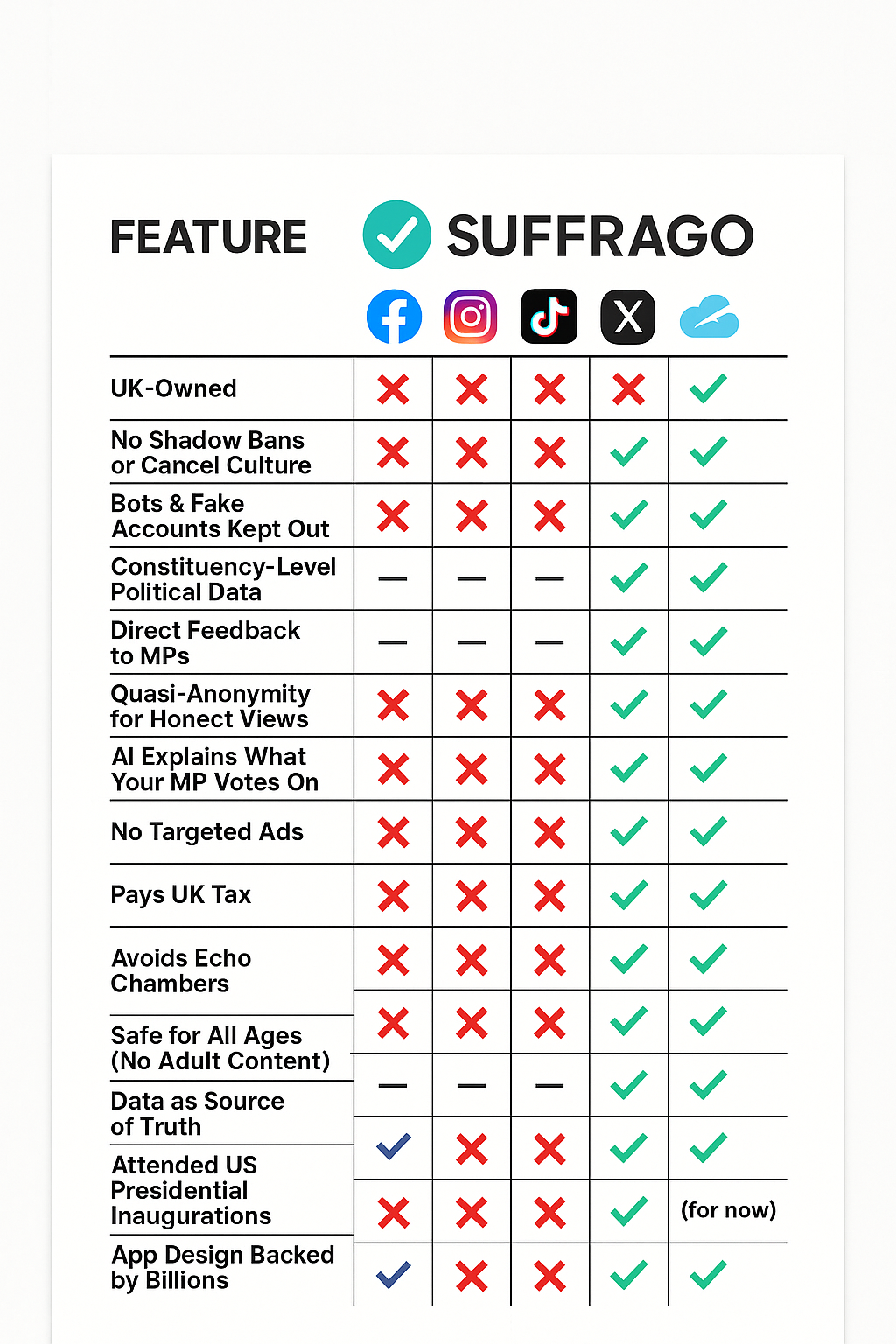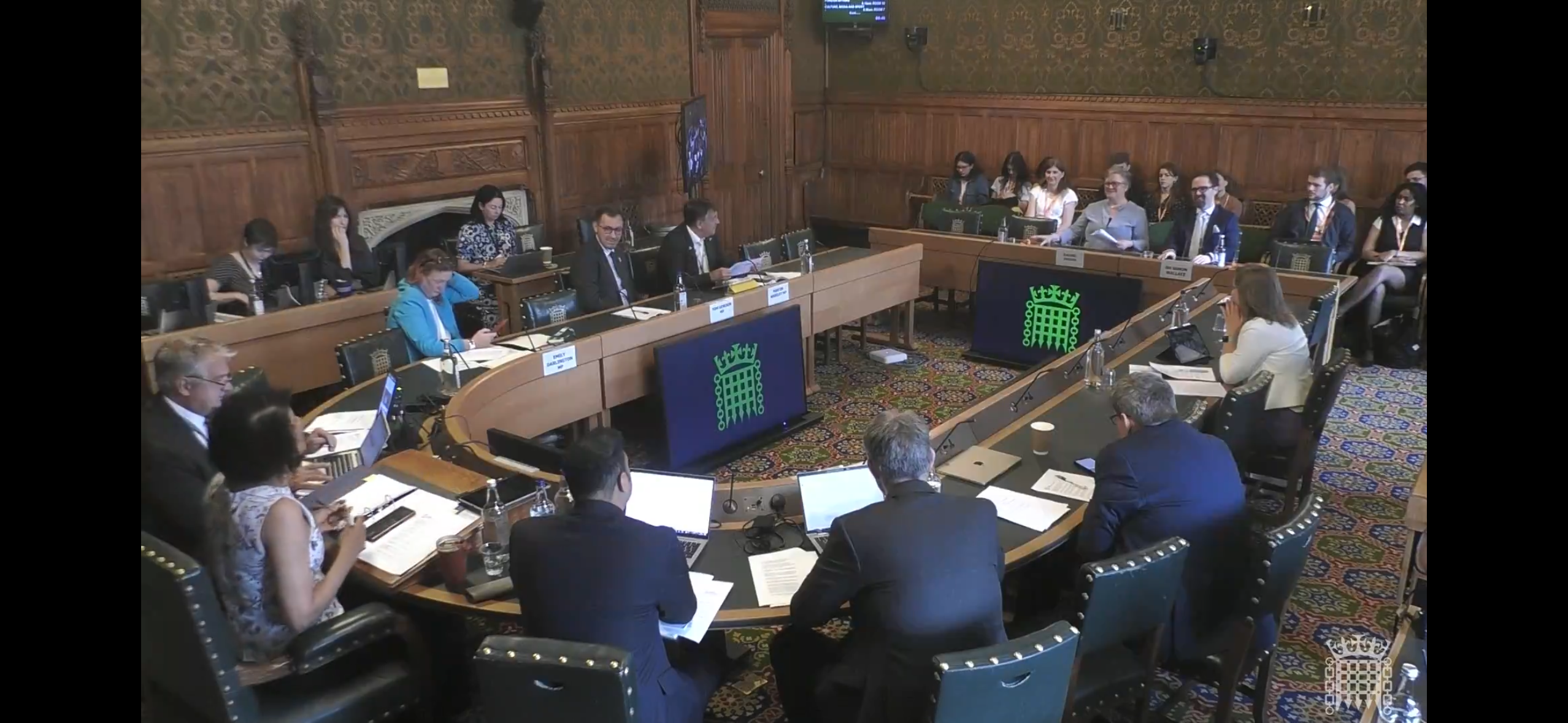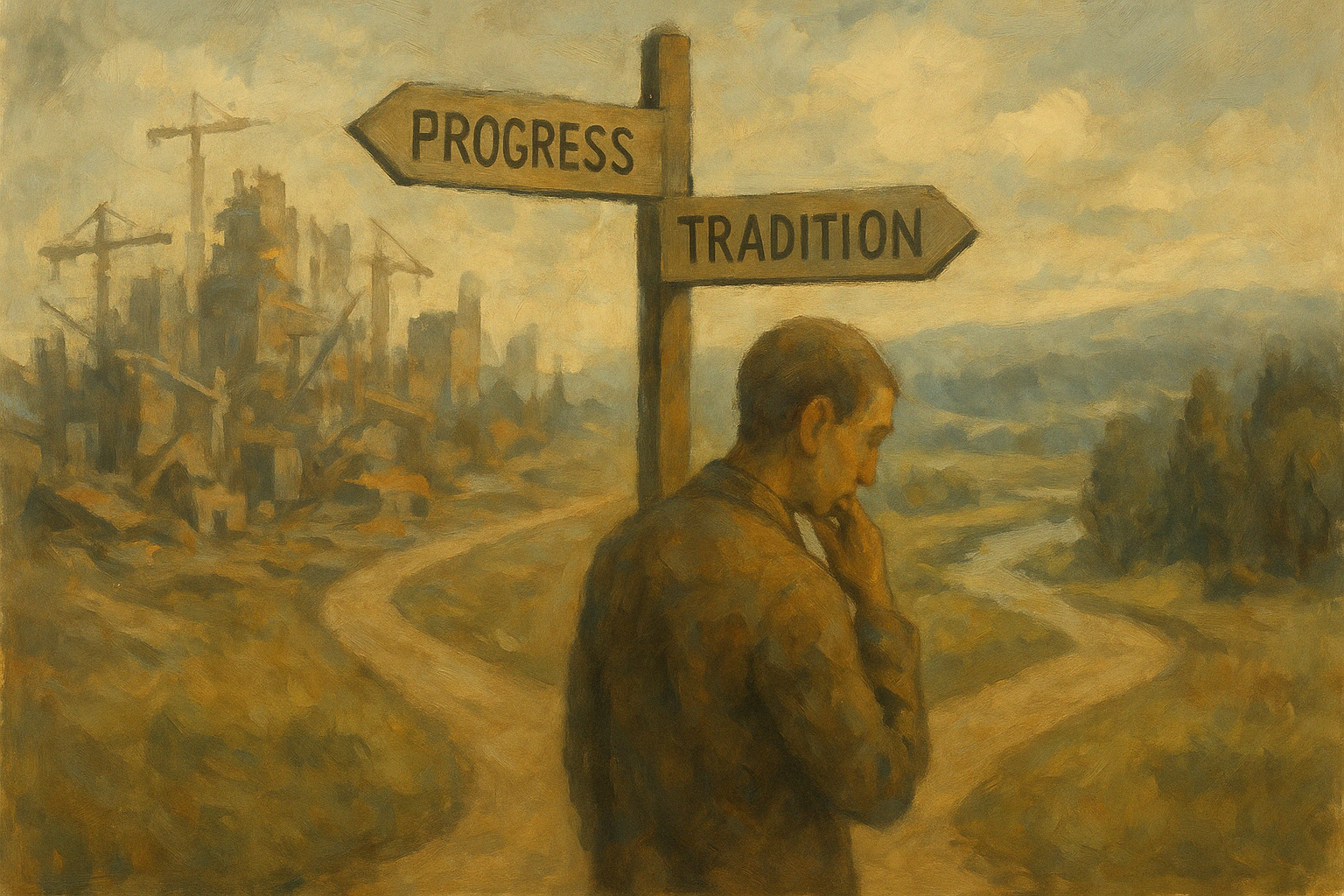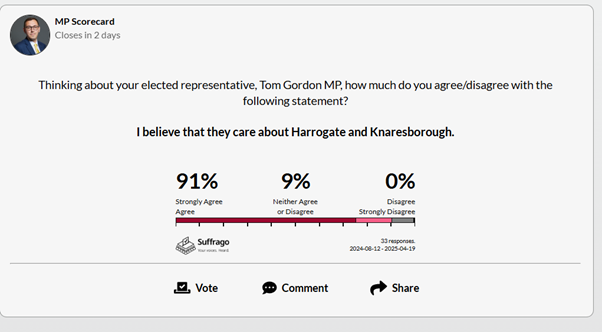I’ve been mulling this for a while: I think “retirement” is one of the most damaging cultural inventions of the last century.
In fact, if I were Supreme Leader of the UK, I’d ban the word outright. Or, at the very least, ask you to question everything that follows from it.
The Word Itself Is the Problem
Wittgenstein argued that language shapes thought. So what happens when we embed an idea like “retirement” into every career, conversation, contract and pension fund?
We accept its implications:
• That there’s a point where you stop being useful.
• That life is split into two chunks: work and rest.
• That meaning is something to delay until your 60s, at best.
It’s all nonsense. And it’s deeply damaging – to our wellbeing, our economy, and our national culture.
Retirement Is a Modern Myth
Retirement, as we understand it, is new. For most of history, people didn’t retire.
The idea of pensions began as an act of compassion. Scottish Widows – one of the earliest pension funds, founded in 1815 – aimed to support the wives of deceased Presbyterian ministers. It was noble and narrow: a safety net for women with no other means of support. Actuarial tables were created to ensure it could function sustainably, with the maths standing the test of time. But today’s pension industry is a behemoth, and it’s propping up a fantasy.
Modern retirement promises 30+ years of comfortable leisure, built on 30 years of full-time grind. The maths barely worked when people died younger. Now it doesn’t add up at all.
Immigration Is the Price of Inactivity
In recent years, the UK’s population has grown primarily through immigration. One major reason is that millions of people who could work, no longer do.
We have an ageing population, falling birth rates, and growing demand for services – all while multiple millions of adults over 50 declare themselves “retired.” That’s a lot of wisdom and capacity sitting on the bench.
Ironically, it’s often the retired (some, not all) who shout the loudest about immigrants “taking jobs” – while sipping tea in a house they bought for £5.
And they were sold a pup. Told to endure decades of unfulfilling work for a future full of beaches, mojitos, and freedom. The cost of that promise? An entire cultural paradigm of delayed living and a broken economic model.
Meanwhile, the people leading some of the world’s biggest countries – Trump, Biden, Erdogan, Modi – are still running governments into their 70s and 80s. Say what you like about them, but they’re clearly not too old to “contribute.” They’re doing more than most retired people who’ve declared themselves surplus to requirements.
The Private Pension Paradox
One of the more comic contradictions of modern politics is the socialist with a private pension. I know many who reject capitalism, but rely on it for an unnecessarily premature retirement. Their fallback position is not a union, or a co-op, but the stock market. Their pension pot is (uncomfortably) invested in global equities that prioritise shareholder return over planetary health.
There is, frankly, nothing more absurd than a lifelong anti-capitalist who’s quietly hoping BP’s share price goes up.
Mini-Retirements, Not Maxi-Waste
Tim Ferriss popularised the idea of mini-retirements: time off spread throughout life, rather than banked at the end. It makes sense. The time you most need rest and flexibility is when you’re raising children (if you can and if you choose to).
Yet we plough through our prime years, barely seeing our kids, so we can one day retire and… garden?
Ikigai Beats Escapism
In Okinawa and other Blue Zones – places where people routinely live past 100 – there’s often no word for retirement. Instead, there’s ikigai: a reason to get up in the morning.
That’s the real point here. Most “retired” people I know aren’t retired. They’re volunteering. Caring. Mentoring. Campaigning. Building. Travelling. Doing useful things.
But many have accepted a label that implies they’re no longer useful, when it couldn’t be further from the truth. It’s a category error. It’s also a colossal waste of human potential and wisdom.
(If you are reading this and thinking that I’m criticising you, you’re wrong. I’m saying that you’re amazing. You’re useful. We need more of you. You have so much to offer and you’re probably offering it already.)
Retirement Culture Divides Us
By cordoning off the “working” from the “retired,” we lose natural intergenerational relationships. Our atomised society means fewer elders mentoring the young, fewer stories passed down, less learning from experience. It’s not just a waste; it’s a tragedy.
I owe much of the early success of my law firm to my “retired” former boss, who mentored me for a decade. He helped me sidestep landmines. He saved me from mistakes. Imagine if his wisdom had gone to waste?
We Don’t Need a Policy. We Need a Shift.
I’m not calling for mandatory work until death. Some people need to stop due to physical or mental burnout. But even then, they still need purpose. Maybe tax returns should include a tick box: “I volunteered. I mentored. I contributed.” Perhaps pensions could flex based on this continued engagement.
But really, this isn’t a policy plea. It’s a call to change how we think about usefulness, ageing, and flourishing.
I can assure you of this: I will never retire! Never!
